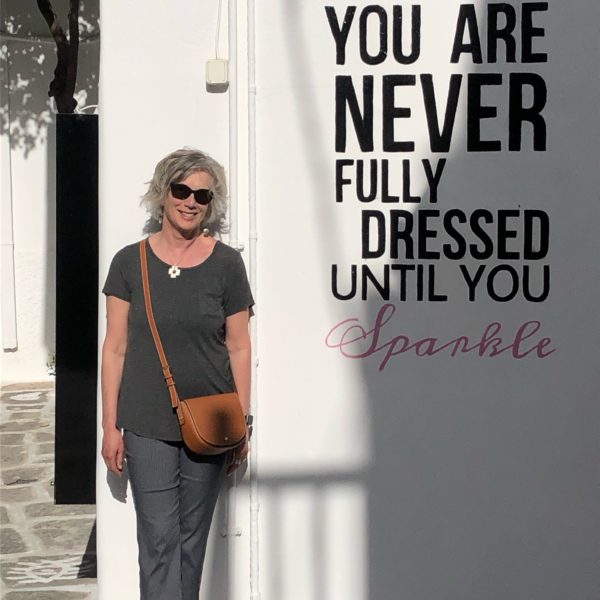
I keep finding myself caught in the details of it all.
I try to imagine what it would have been like.
I think about turning on taps and having no water.
Or what it would be like to try to stay warm without heat, to have no power, no lights, no washer, no dryer, no lamps.

How would we manage as we realized there was no way out of the city? What kind of grief could possibly include murdered friends and family and, eventually, the deaths of 1600 of your city’s children? How would a mind wrap itself around the idea of bodies left in the street because it’s too dangerous to move them?
I try to imagine risking my life to line up for bread. Or running in the dark, trying to bring home some precious water. What would it be like to wonder about the lives of the ones that escaped? What would it have been like to be on the run, refugees from everything you know and love, completely dependent on the kindness of strangers?
Every time I find myself thinking these thoughts…something in my mind shuts down.
I am no more able to imagine this kind of horror than to wrap my mind around the concept of infinity.
It is simply impossible.
And yet, here in Sarajevo, the people lived under these conditions for four years.
It has now been twenty years since the seige ended. Although the unemployment figures for Bosnia-Herzegovina hover around 45%, the city appears to be bustling. The people are friendly, the food is wonderful, and somehow, they are carrying on…although so much damage, both the visible and the psychic, remains.
One of the visible reminders is the ‘Sarajevo rose’; a colloquialism describing the marks left from the blast of a grenade. Some of these are painted red. Some are left on the sides of apartment buildings, poignant reminders of all that is lost when hate reigns.

But everywhere too, there are the more hopeful signs. For centuries, no matter what their beliefs, the people of this city have worked, traded, loved and lived in peaceful co-existence and they are doing it once again. They know better than any of us that extremism in any form is the true evil.
They understand that fear and distrust of the ‘other’ is the surest way to destroy everything you hope for yourself and your children.
As I write this I hear the muzzein’s mournful call to prayer. Earlier I heard the Catholic church bells. I imagine them all as calls to love. And isn’t love the ultimate truth that every religion seeks?
So please.
Let us put aside our differences and remember to love one another.
Love is always the answer.
Love, in fact, is the only answer.



Colleen what a poignant post!
I remember in the 1990’s watching on TV the siege of Sarajevo by the Serbians. It made front line news for weeks and as any conflict there were civilians’ casualities. Yes, children being killed, families being separated. What a terrible ordeal it must have been.
Now peace has returned. Muslims, Catholics, living side by side. Indeed love is the only thing that make us humans. Love is the only answer.
Catherine. We both really loved the city of Sarajevo but I also felt the weight of all that had happened. It is remarkable to see people carrying on with their lives after so much horror. It is that incredible resilience that gives me hope. You’re so right that love is what makes us human.
Thank you for this beautiful post, Colleen. I’m really enjoying following along on your trip.
Thanks for following along Lori. It’s amazing how much information there is to try to process on a trip like this.
I’ve long wanted to visit Sarajevo as I remember reading about the role of Canada’s peacekeeping mission around 1992. Really a horrifying situation and so puzzling given Sarajevo was known for its religious diversity. The monument to the many children who died would be heart-breaking.
It truly is heartbreaking Michele and impossible to fathom. The resilience of the people of Sarajevo is incredible.
A heartfelt post, Colleen.
I’m glad that came through Carol. I absolutely loved Sarajevo and wish we’d allowed more time to explore. Such a wonderful mash-up of cultures.